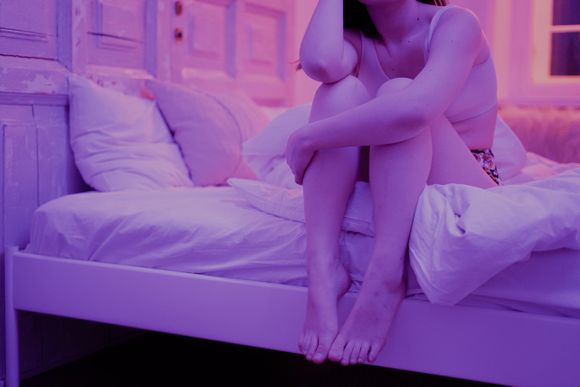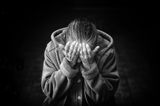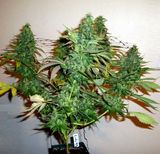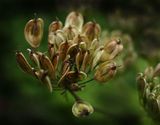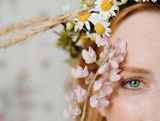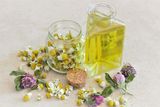Author: Rositsa Tashkova, Master of Molecular Biology and Microbiology
Some of the most serious problems that the modern lifestyle leads to are anxiety and insomnia.
For some, a lifestyle change may be enough to alleviate symptoms - dimming the lights in the home in the evening, turning off screens hours before sleep time, switching to a more relaxed lifestyle.
In this article, we will look at medicinal plants that have a calming effect backed by science.
Herbs for anxiety
Anxiety can be a major symptom of various mental or psychological problems. [ref.7]
Lemon balm (Melissa officinalis)
The ability of Lemon Balm extract to lower anxiety has been demonstrated in several studies – both in humans, In one of the studies [ref.1] patients suffering from both chronic anxiety and insomnia were involved. For 15 days they took standardized Lemon Balm extract twice a day at 300 mg. Anxiety attacks in these patients decreased by 18%, symptoms associated with the condition decreased by 15%, and insomnia decreased significantly by as much as 42%.
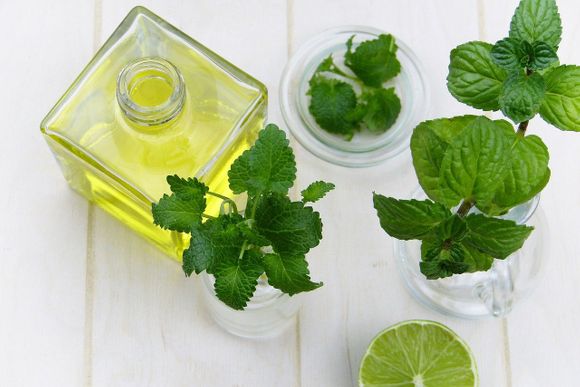
Gotu kola (Centella asiatica)
The herb is also called Asiatic pennywort and Gotu Cola. It grows in eastern Europe and is known for its beneficial effect in a wide variety of diseases - a variety of infections, wounds, scars, psoriasis, varicose veins - but in recent years studies have been conducted that the plant has the potential to suppress anxiety and depressive states, as well as to improve mental abilities.
In 2017, an overview of the action of the Asiatic pennywort on mental abilities and mood was published, but scientists concluded that more evidence is needed in favor of positive effects [ref.2].
Chamomile (Matricaria recutita)
The soothing effects of chamomile are known to folk medicine but have not yet been well studied and the mechanisms by which this herb works remain unclear. Studies in humans and animals also prove the effect, but it remains to be established what dose is needed to cope with anxiety. [ref.3]
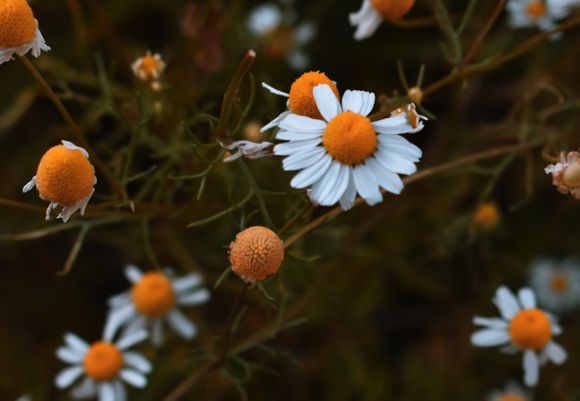
Echinacea (Echinacea spp.)
Echinacea is best known for its effects on the immune system - but there is evidence it can also positively affect patients suffering from anxiety. [ref.4]
Ginkgo biloba
According to one study in humans, the intake of Ginkgo biloba extract has a positive effect on anxiety sufferers, significantly reducing it both in lower (240 mg/day) and in higher doses (480 mg/day). [ref.5]
Passifloraincarnata
The leaves of passiflora and especially passiflora incarnata are the part of the plant that has the strongest sedative effect. The plant has a long history in folk medicine of the native American population, and is used precisely for sleep problems and anxiety.
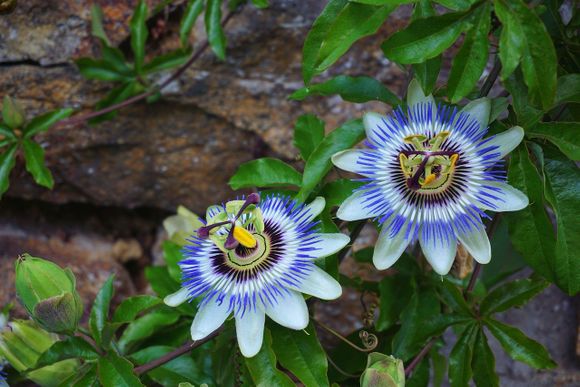
The effect is also proven by modern science. There are at least three clinical trials on humans that detect this action of passiflora. [ref.6]
Herbs for insomnia
Insomnia is another problem typical of more and more people, although sometimes we do not realize that we suffer from it or that our sleep is not good. If in the morning we wake up tired and without mood, and there is no obvious reason for this, then most likely our sleep is incomplete.
Valerian (Valeriana officinalis)
Valerian is also known as a setwall. Perhaps it is the first herb we can think of when it comes to problems with anxiety and insomnia.
Many studies have been conducted on the effects of the herb on insomnia and valerian has been found to shorten sleep time, allow deep sleep to occur faster, and reduce the number of wakes at night. [ref.8]
Lavender oil (Lavandula officinalis)
Aromatherapy with lavender before bedtime has been found to improve sleep quality, especially in young people, women, and those with mild sleep problems. [ref.9]
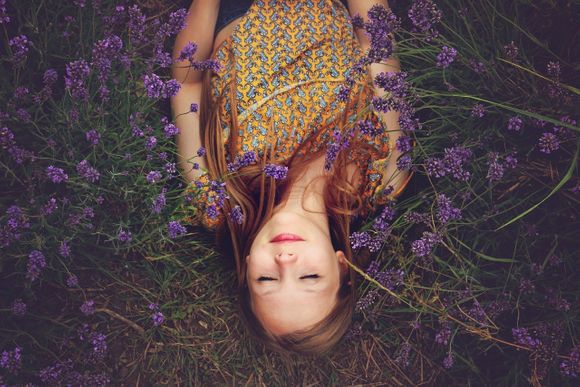
Other herbs that may help us with insomnia are St. John's wort, passiflora, chamomile, cava cava, lemon balm, and as a harmless supplement melatonin can be taken in the evening, but it is good to discuss the dose with the attending physician to avoid suppressing the natural production of melatonin in the body.
Q&A
What are the symptoms of anxiety?
The symptoms of anxiety are many and varied. They can affect both the psyche and the emotional state, as well as have physical manifestations such as: palpitations, upset stomach, feeling of needles on the skin, dizziness, nausea, sleep problems, restlessness, rapid breathing, libido disorders.
Psychological symptoms include: nervousness, feeling that something very bad is about to happen, anxious thoughts about the future, depression, fear of losing touch with reality, depersonalization (feeling that you are separated from your body or mind), fear of anxiety itself.
How to recognize panic attacks?
Panic attacks usually occur for no specific reason, as opposed to anxiety, which is a response to stress or a perceived threat. The symptoms of a panic attack are extremely intense, often involving feelings of "unreality" and detachment. Panic attacks appear suddenly, while the symptoms of anxiety gradually become more intense in minutes, hours or days. Panic attacks usually subside after a few minutes, while anxiety symptoms may predominate for long periods of time.
What gland is responsible for insomnia?
The gland responsible for sleep and wakefulness through the secretion of melatonin is the pineal gland. It is located in the brain. Another gland whose dysfunction can lead to insomnia is the thyroid gland.
Read more:
What we need to know about anxiety
